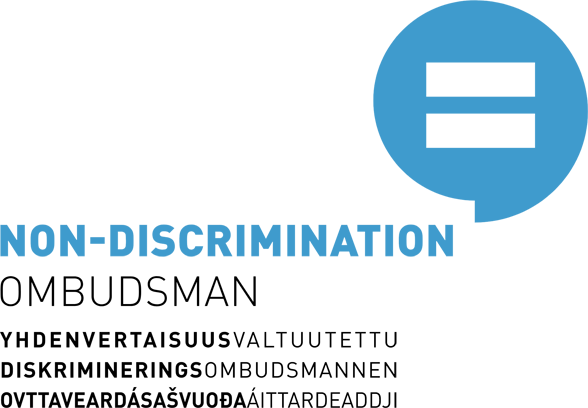Combating human trafficking
In Finland, a wide range of different actors, such as ministries and other central government bodies, municipalities, trade unions and non-governmental organisations, are engaged in the work to combat human trafficking. Human trafficking is a complex phenomenon and combating it requires effective cooperation between different parties.
Increasing awareness and identifying human trafficking are essential factors
Human trafficking is difficult to identify. Training for identifying human trafficking and for increasing awareness is provided for example by the assistance system for victims of human trafficking, non-governmental organisations and also the Non-Discrimination Ombudsman.
The European Institute for Crime Prevention and Control (HEUNI) (heuni.fi) has conducted extensive research on human trafficking in Finland over the years. Investigative journalism has also played an important role in increasing awareness of the reality of human trafficking.
Human trafficking takes many forms. Non-governmental organisations, parishes, social work professionals and child welfare services, which are engaged in customer work at grassroots level, play a key role in identifying human trafficking. When victims of human trafficking are identified, they can be helped and supported in reporting the cases to the police. Victims of human trafficking have the right to receive assistance from the assistance system for victims of human trafficking.
Criminal and judicial processes
The occupational safety and health authorities (tyosuojelu.fi) play a key role in identifying and highlighting work-related human trafficking and other exploitation. Occupational safety and health authorities report suspected human trafficking cases to the police, and the police carry out the criminal investigation in the matter.
The police work to uncover human trafficking and investigate reported cases of human trafficking. The Finnish Border Guard also investigates human trafficking offences. Human trafficking cases involving sexual and work-related exploitation have ended up in courts.
Structures supporting the action against human trafficking
In Finland, the work against human trafficking, especially legislation and its implementation, are coordinated at ministry level. The Government Anti-Trafficking Coordinator is posted in the Ministry of Justice. One of the main tasks of the coordinator is to ensure that the activities against human trafficking in individual ministries are mutually supportive and that there is a smooth flow of information between the actors. The coordinator is also responsible for preparing Finland’s action plan against human trafficking.
The Non-Discrimination Ombudsman acts as the National Rapporteur on Trafficking in Human Beings. The task of the Rapporteur is for example to assess the effectiveness of the action against human trafficking described above, and to determine whether the work reaches the victims, the victims receive the assistance that they need and whether the measures taken by Finland are in accordance with the national and international legislation. The reports compiled by the Rapporteur have highlighted the challenges facing the action against human trafficking and they also contain recommendations for improving the effectiveness of the efforts.
There have been considerable improvements in the action against human trafficking over the past ten years, and this has led to increasing awareness, better identification of human trafficking and more criminal and judicial processes.



